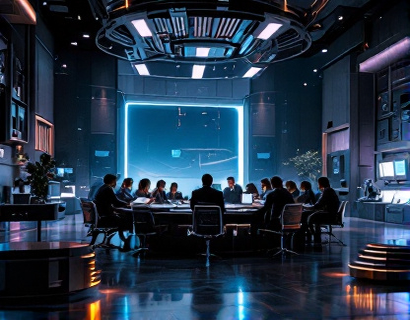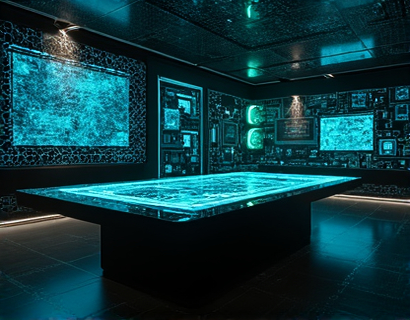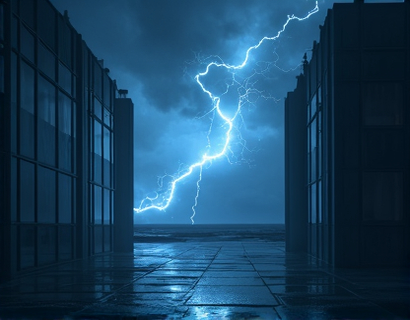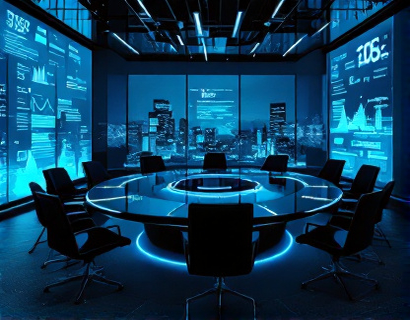Exploring the Depths of Television: Insights for Enthusiasts and Students
The world of television has evolved dramatically over the past few decades, transforming from a medium primarily used for broadcasting live events and simple dramas to a complex, multifaceted industry that encompasses a wide range of genres, styles, and storytelling techniques. For enthusiasts and students alike, delving into the intricacies of TV shows and the entertainment industry can be both an educational and entertaining endeavor. This article aims to provide a comprehensive guide, leveraging expert insights and tailored guidance to help users navigate this vast landscape safely and securely.
Understanding the Landscape of Television
The television landscape is diverse, with offerings that cater to every possible interest and demographic. From scripted dramas and comedies to documentaries and reality shows, the variety is staggering. Each genre has its unique characteristics, production methods, and audience engagement strategies. For students studying media, communications, or film, understanding these differences is crucial for analyzing and critiquing television content effectively.
One of the key aspects of television is its ability to reflect and influence society. Shows often tackle social issues, cultural norms, and political themes, providing a platform for discussion and debate. For enthusiasts, this means there is always something new to discover and analyze. Whether it's the nuanced character development in a critically acclaimed series or the groundbreaking special effects in a blockbuster show, there is a wealth of material to explore.
Expert Insights into TV Show Production
Behind every successful TV show lies a complex production process involving numerous professionals, from writers and directors to actors and production designers. Understanding this process can enhance one's appreciation of the final product. Expert insights reveal the challenges and creative decisions made at each stage, from script development to post-production.
For instance, the writing process for a TV show is intricate. Writers must craft compelling narratives that span multiple episodes or seasons, ensuring consistency and character growth. They also need to consider pacing, dialogue, and plot twists to keep the audience engaged. Script readers and executive producers play vital roles in refining these scripts, often suggesting changes to strengthen the storyline or improve character arcs.
Directors bring the script to life, making crucial decisions about camera angles, lighting, and performances. Their vision shapes the overall look and feel of the show. Directors work closely with the cast to ensure that each actor delivers a performance that aligns with the intended character and story. This collaboration is essential for creating believable and relatable characters.
The Role of Actors in Television
Actors are the heart of any TV show, bringing characters to life and driving the narrative forward. The process of casting is rigorous, with auditions, read-throughs, and sometimes even blind tests to find the perfect fit for each role. Once cast, actors immerse themselves in their characters, often undergoing extensive research and preparation to authentically portray their roles.
Recurring and guest actors also play significant roles in the dynamics of a show. They can introduce new plotlines, create tension, or provide comic relief. The chemistry between actors is crucial, as it can make or break a scene. Directors and writers often work to foster strong relationships on set to ensure seamless performances.
For students studying acting or performance, analyzing the techniques used by actors in TV shows can provide valuable insights. Method acting, for example, involves actors deeply embodying their characters, often at a personal cost. In contrast, technique acting requires a more detached approach, focusing on the moment and the scene. Understanding these methods can help aspiring actors develop their craft.
The Impact of Television on Society
Television has a profound impact on society, influencing cultural norms, shaping public opinion, and even affecting political outcomes. Shows that address social issues can spark conversations and raise awareness, leading to real-world change. For example, series like "Parks and Recreation" and "The Good Place" have been praised for their thoughtful commentary on governance and ethics.
Moreover, television can serve as a mirror to society, reflecting its complexities and contradictions. Shows like "Breaking Bad" and "The Sopranos" explore the darker aspects of human nature, challenging viewers to confront uncomfortable truths. These narratives can lead to deeper discussions about morality, justice, and the human condition.
For students, examining the societal impact of television can be a rich area of study. It involves analyzing how media represents different groups, the role of advertising and sponsorship, and the ways in which shows can both reinforce and challenge societal norms. This critical analysis is essential for understanding the broader implications of media consumption.
Resources for Enthusiasts and Students
For those eager to delve deeper into the world of television, a variety of resources are available. Online platforms, academic journals, and books offer a wealth of information on TV show analysis, industry trends, and production techniques. Websites like IMDb, Rotten Tomatoes, and Metacritic provide ratings, reviews, and detailed summaries that can aid in understanding and discussing shows.
Academic resources, such as journals in media studies and film theory, offer in-depth analyses and critical perspectives. Books by industry professionals and scholars can provide historical context and expert insights. For students, these resources are invaluable for research papers, essays, and presentations.
Additionally, online forums and communities dedicated to television enthusiasts offer a space for discussion, sharing of theories, and collaborative viewing. These communities can be a great way to connect with like-minded individuals and gain new perspectives on favorite shows.
Ensuring a Safe and Educational Experience
While exploring the world of television, it is important to ensure that the experience is both safe and educational, especially for students and younger viewers. A content-verified platform can provide a secure environment where users can access accurate and reliable information without exposure to inappropriate content.
Such a platform would feature a child-friendly version, filtering out adult themes and ensuring that all content is suitable for educational use. This approach aligns with the growing need for online resources that prioritize safety and educational value. By providing tailored guidance and secure exploration, the platform can help users of all ages engage with television in a meaningful and responsible way.
Content verification is a critical component of this platform. By partnering with industry experts and utilizing advanced algorithms, the platform can ensure that the information provided is accurate and up-to-date. This not only enhances the credibility of the resource but also builds trust among users.
Conclusion
Television is a rich and dynamic medium that offers endless opportunities for exploration and learning. For enthusiasts and students, understanding the intricacies of TV shows and the entertainment industry can be a rewarding journey. By leveraging expert insights and reliable resources, users can navigate this landscape with confidence and curiosity.
As the industry continues to evolve, the importance of critical thinking and media literacy becomes increasingly evident. A platform that provides a safe, educational, and secure environment for exploration can play a vital role in fostering this literacy. Whether you're a seasoned viewer or just starting to discover the world of television, there is always more to learn and enjoy.










































